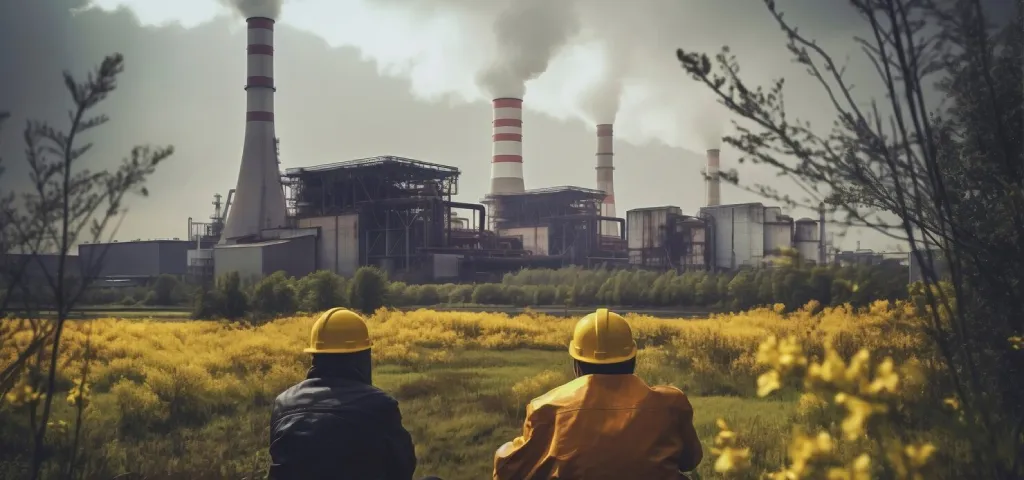The global perspective on energy consumption is rapidly evolving, with a growing emphasis on sustainability and environmental responsibility. Industries like oil and gas, traditionally associated with high environmental impact, are now striving to integrate sustainable practices into their operations. This shift towards sustainability within the oil and gas sector marks a pivotal moment in the industry’s history, acknowledging its role in mitigating climate change and embracing a greener future.
Understanding the Need for Change
The oil and gas sector has long been a significant contributor to carbon emissions and environmental degradation. However, the realization of finite fossil fuel reserves and increasing concerns over climate change have prompted a necessary reevaluation. Companies within the industry are recognizing the urgency to adopt sustainable practices to reduce their ecological footprint while continuing to meet global energy demands.
Innovative Technologies Driving Change
One of the most notable shifts in the oil and gas sector involves the adoption of innovative technologies to minimize environmental impact. Advancements in drilling techniques, such as hydraulic fracturing or fracking, have improved efficiency while reducing emissions and water usage. Additionally, the integration of artificial intelligence and data analytics optimizes operations, leading to more efficient resource utilization and decreased environmental harm.
Embracing Renewable Energy
Another significant transformation in the oil and gas sector is the diversification of energy portfolios. Many companies are investing in renewable energy sources like solar, wind, and biofuels. This diversification not only aligns with sustainability goals but also provides an opportunity for these companies to adapt and thrive in a rapidly changing energy landscape.
Implementing Carbon Capture and Storage
Carbon capture and storage (CCS) technology has emerged as a critical tool in mitigating greenhouse gas emissions. In the oil and gas sector, CCS involves capturing carbon dioxide emissions from industrial processes and storing them underground, preventing them from entering the atmosphere. Many companies are actively exploring and investing in CCS as part of their sustainability initiatives.
Shifting Corporate Mindsets
Beyond technological advancements, a shift in corporate mindset is essential for lasting change. Companies are increasingly prioritizing environmental, social, and governance (ESG) factors in their decision-making processes. This includes setting ambitious sustainability targets, transparent reporting on environmental impact, and engaging with stakeholders to foster sustainable practices throughout the supply chain.
Challenges and Future Outlook
Despite significant strides, the oil and gas sector faces challenges in its transition towards sustainability. Factors such as high initial investment costs, regulatory complexities, and the need for collaboration across industries and governments pose obstacles. However, the sector’s commitment to innovation and sustainability provides optimism for a future where traditional energy sources coexist with renewable alternatives in a more balanced and environmentally conscious manner.
Conclusion
The oil and gas sector’s green shift marks a fundamental transformation in an industry vital to global energy needs. Embracing sustainability through technological innovation, renewable energy integration, and a shift in corporate culture is not only beneficial for the environment but also positions companies to thrive in an increasingly conscientious market. With continued commitment to sustainable operations, the sector can play a pivotal role in shaping a more environmentally sustainable future.






